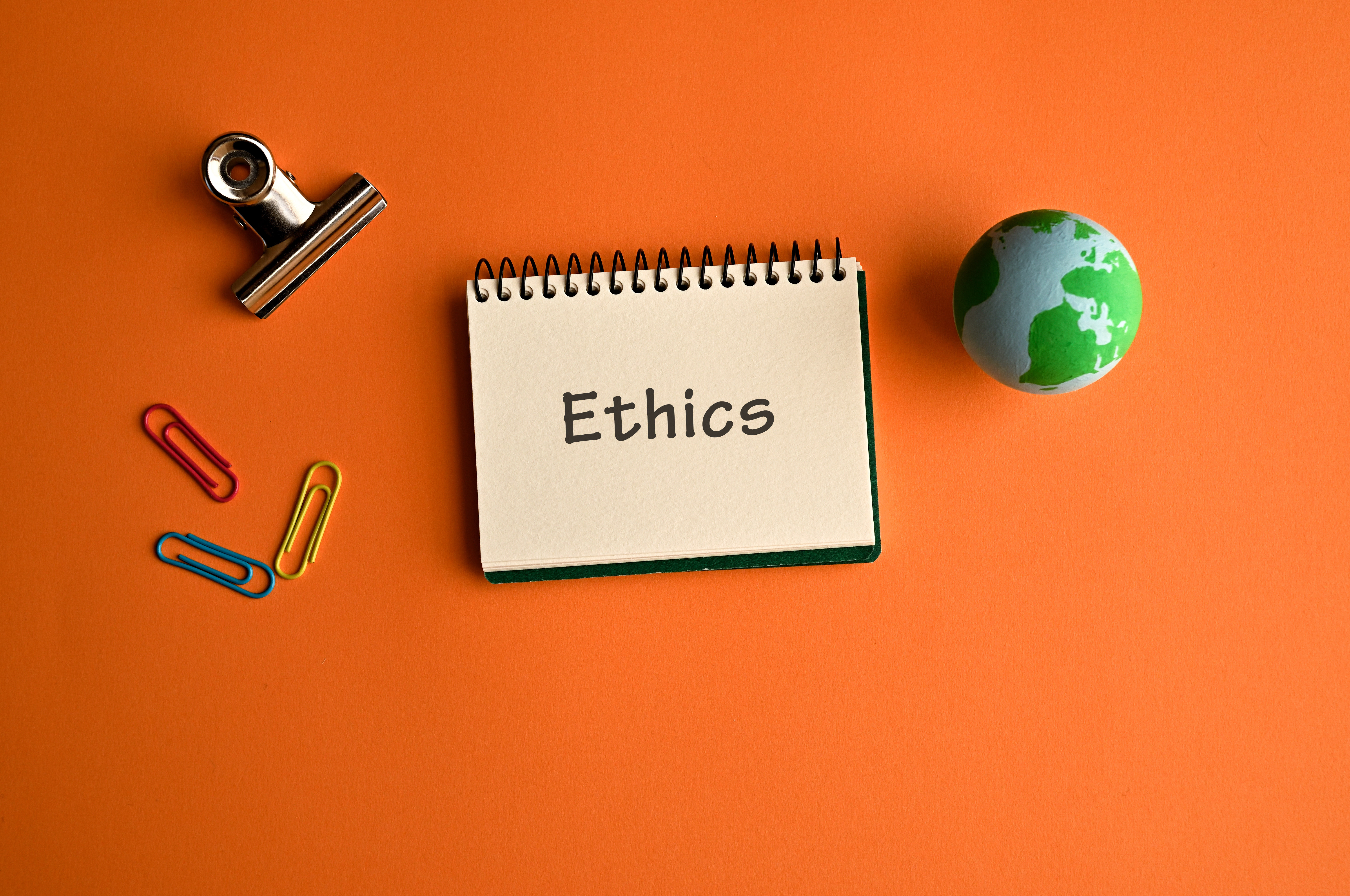In the deadline-driven world of print, mail, and graphic communications, top-notch equipment and skilled employees are essential—but they aren’t enough. The modern workforce increasingly values something else: a clear and consistent ethical culture.
Today’s job candidates--especially Millennials and Gen Zs in the post-pandemic era--are looking beyond pay and benefits. They want to know what you stand for. They want to work for companies that treat employees fairly, take responsibility for their environmental impact, and communicate transparently. But how do you make ethics more than just talk?
At PrintWorkers, where we match skilled professionals with top-tier employers, we’ve seen how a well-defined ethical framework can build trust, reduce turnover, and attract high-performing talent.
What Does "Ethical Behavior" Really Mean in 2025?
Ethical behavior today includes more than just compliance with laws and financial regulations. It covers how people treat each other, how transparent leadership is, how companies handle mistakes, and how fair and inclusive the culture is.
Ethical workplace behavior is rooted in collaboration, clear communication, and culture-building. That means ethical lapses often result not from “bad actors” but from a lack of structure, guidance, and modeling at the top.
Building a Culture of Ethics Starts with Leadership
Company culture sets the tone for behavior. That’s why the first step is defining your core values. If your business values honesty, respect, quality, and sustainability, those principles need to show up in:
- Hiring and onboarding materials
- Employee handbooks and training
- Team meetings and manager check-ins
- Incentives and disciplinary practices
Once values are clear, they must be translated into actionable policies. Examples include:
- A no-tolerance harassment policy
- Clear procedures for reporting misconduct confidentially
- Guidelines for ethical client relationships
- Sustainability standards for print and packaging practices
Communication is the Missing Link
Even the best policy doesn’t help if no one knows about it. Use multiple formats—email, print signage, team training, and even digital screens in production areas—to keep ethical values top-of-mind. Make sure managers can model and explain policies and be open to feedback from staff.
Ethical workplaces aren’t born—they’re built. With clear values, consistent communication, and a commitment to fairness, your company can create a culture where employees are proud to stay—and others are eager to join.
Kicking off a Series on Workplace Ethics
With this post, we’re launching an occasional series on the evolving ethics of the modern workplace tailored to leaders and managers in the print, mail, and graphic communications industries.
In future posts, we’ll explore how to build and maintain an ethical culture by addressing topics such as:
- Accountability and enforcing compliance
- Leading by example and rewarding ethical behavior
- Promoting respect, professionalism, and fairness
- Ensuring transparency and establishing reporting mechanisms
- Responding to ethical violations promptly and effectively
- Integrating ethical expectations into employee performance
- Supporting environmental responsibility
- Encouraging communication, honesty, and collaboration
- Building leadership skills for ethical guidance
- Managing conflict resolution with integrity
- Evaluating and evolving your ethical code
- Empathizing with employee needs to foster trust
Stay tuned for upcoming insights, practical tools, and real-world examples of how ethics can shape a better future for our industry. Need help building a values-aligned team? Let PrintWorkers connect you with professionals who care about doing the right thing.

